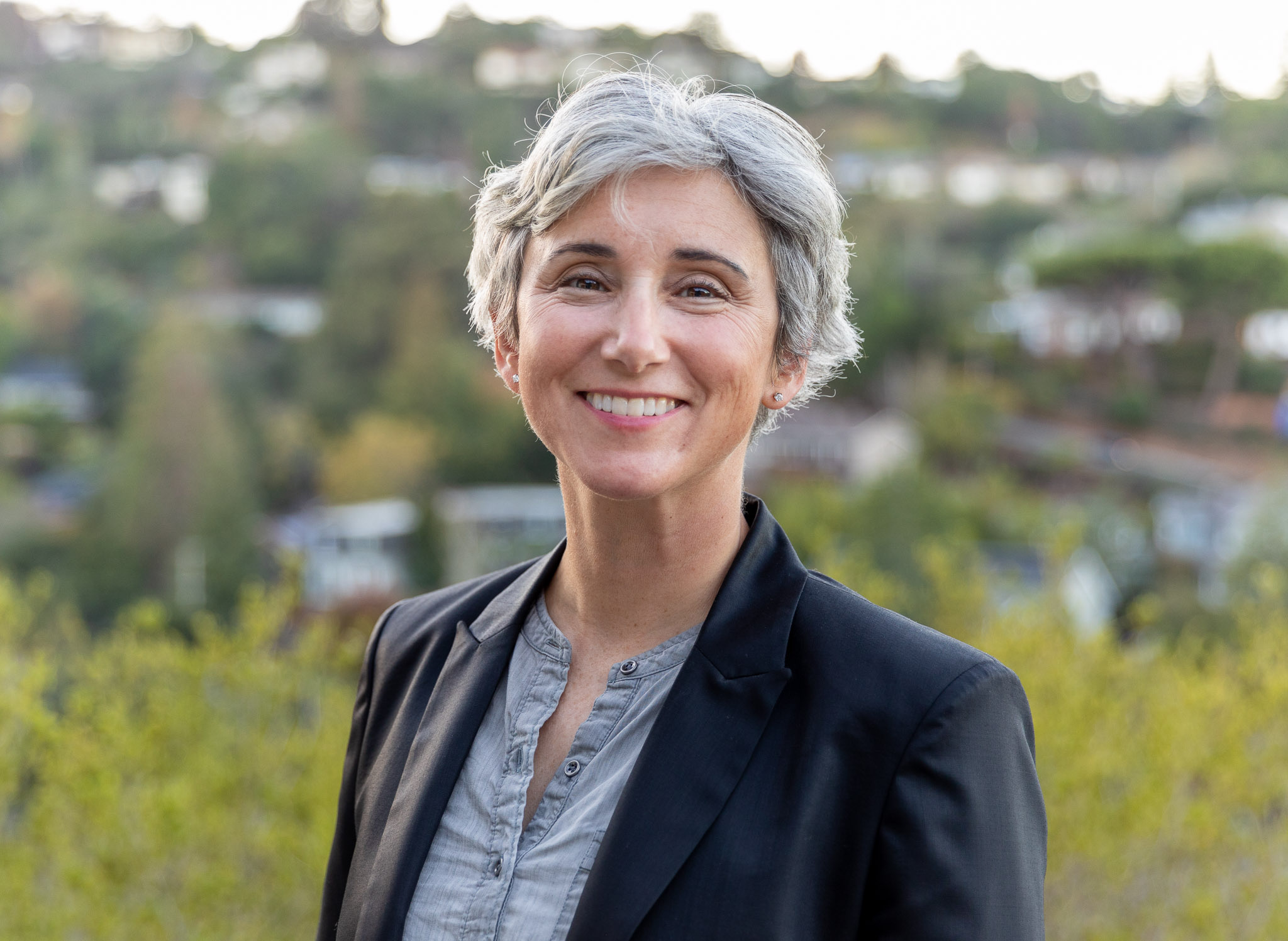1. Investment Strategies:
Thank you for reading this post, don't forget to subscribe!Rachel, you’ve been involved with high-profile companies like Tesla, Impossible Foods, and The Production Board. What has been your biggest learning in terms of investing and finance?
What is your personal investment philosophy, and what strategies do you follow when making financial decisions?
For very early-stage companies, only two things matter, probably in this order: team and technology.Does the founding team get along well? Have at least one or two people on the team ever tried to create an all-new product in a new category? Does the technology at work — at least at subscale? Can you see a path to fully scaled up production? If so, this company is potentially investible. More conventional and easy-to-measure metrics (cash flow breakeven timelines, CAC to LTV ratios, etc.) come later.
2. Navigating Volatility and Risk:
How do you approach risk management, especially considering your experience with both startups and established corporations?
Elon Musk once told me, “The odds of Tesla failing are approximately 95%.” He was probably right! Early-stage companies, particularly “deep tech” startups going up against entrenched incumbents, have a high likelihood of failure. Working at these companies is about “risk acceptance,” not “risk management.” You accept the risk because the company’s mission is so important.
3. Financial Literacy Advocacy:
Working at Stanford university, you meet the brightest minds, how can we improve financial education for all, particularly for young people in other parts of the world? Are there specific resources or approaches you recommend for InveStar?
I have something I call the ACE approach:
- Articulate your mission clearly, usually in a blog post from the founder. (Here’s Tesla’s. Here’s Impossible Foods‘. Here’s OpenAI’s.)
- Then communicate your mission through your own channels and through third-party media, fans, industry experts and others. Start with people who believe in your mission and understand its urgency — and let these believers convert the non-believers.
- Then educate people by adding more channels to amplify your messages (trade shows, school visits, conferences, NGO events, influencer programs, etc). This approach is vastly better than conventional advertising, which merely seeks to get your name in front of people, without much context.
4. Advice for the Next Generation:
What advice would you give to aspiring entrepreneurs, investors, or professionals who want to make a positive impact on the world?
Humans are facing multiple existential threats that could wipe out civilization as we know it, including global heating and biodiversity collapse. Our public health crises (from pandemics to the Western scourges of diabetes and obesity) and income inequality also threaten to destroy our quality of life. Trying to solve these huge threats provides a sense of purpose and mission; these jobs feel way more meaningful than a job with a steady paycheck or a job at the “hot” company with buzzy recognition. Always go for the mission: Mission matters most!
5. Balancing Purpose and Profit:
How do you balance financial returns with social or environmental impact? Any insights for aligning investments with values?
How you spend your money (including your investments — as well as what you buy, from food to clothes to cars) is probably the biggest single contribution any individual can make over the course of a lifetime. Spend wisely! To the extent I have a choice, I never knowingly support products, services or institutions that exacerbate our existential threats. It’s that simple.
6. Staying Curious and Adaptable:
In a rapidly changing world, how do you stay curious and open-minded? What habits or practices help you continuously learn and evolve?
It’s tough! Especially when you have kids, aging parents, and lots of daily time and financial commitments, you run the risk of getting into a “grind” and losing focus of the bigger picture. To avoid running for too long on autopilot, I try to “shake it up” and do something challenging every few years. Maybe that means taking a new job in a new industry. Maybe that means reexamining your company’s strategy and helping the team orchestrate a bold pivot. Maybe that means moving to a new city or country or hemisphere, or consciously taking a break from the grind for a quarter or two, if that’s possible. Big, scary stuff — but I find that trying to stay curious and adaptable requires big moves.
7. Favorite Investment Book:
Do you have a favorite investment book that has significantly influenced your thinking or approach to investing & finances?
I am a huge believer in books that provide insight into how other people think and act — biographies. The best book I’ve read in the past year is “The Fund” by the award-winning journalist Rob Copeland, about the world famous hedge fund manager Ray Dalio. Wow. Highly recommend.

